New Experiences: Moving Abroad to Teach English in Vietnam
It's that time of year again when schools start (or have already started) their new school year! Many new foreigners arrive to begin their journey in a new city, while existing expats return from their summer break ready to tackle the new school year.
So, what happens when you arrive in your new city?
Here are some insights into the process of things once you arrive in Hanoi. This can also be adapted to any new city (minus the cultural references), as we had a similar process in China.
Airport Arrival
As you arrive, you'll need to proceed directly to the visa counter. In Vietnam, you must go straight to the visa counter upon arrival if you’re planning to work here. As a tourist, you can simply show your visa at the checkpoint. At the counter, you'll need to present your passport, a printed form from your employer (a business visa letter stating that you will enter through them), an ID photo, and $25 for a 1-3month business single-entry visa (or $50 for multiple entry visa). You'll also need to fill out a form provided by them. Once everything is handed over, wait a bit until they call your name. You'll pay, receive a receipt, and be free to go to the passport checking point.
Once you pass through, collect your luggage and go straight to buy a SIM card - this is not necessary if you bought an online SIM card. This saves so much time and allows you to access the internet right away, giving you the freedom to message loved ones about your safe arrival, book a taxi to your hotel, or simply contact them with your new Vietnamese number. Check into your hotel and relax, exploring the area. Find the closest ATM on Google Maps and withdraw more cash.
In Vietnam, you can pay using your Visa card at restaurants, bars, attractions, but something more local requires cash or QR code payment (QR code payment only accepts Vietnamese bank accounts).
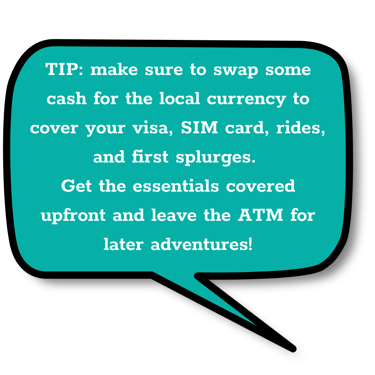



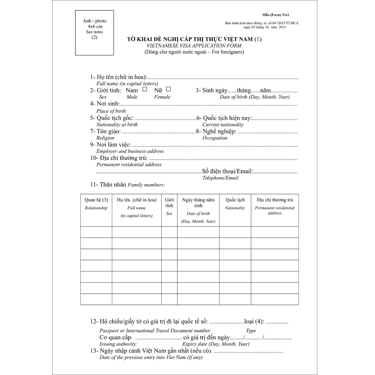

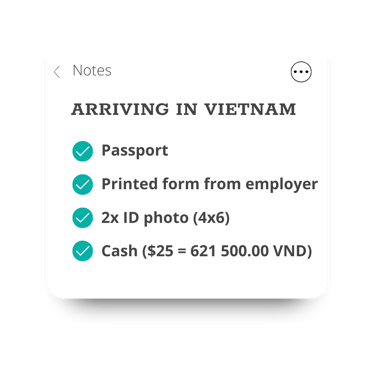

Vietnam entry visa application form (NA1 form) (Source: Collected by Vinpearl online website)
Medical Checks and Administrative Tasks
You'll need to undergo a medical check which should be booked by your new employer. It's paid for by the school as it’s mandatory for visa purposes. You cannot eat or drink anything before going, so it's usually best to go first thing in the morning. The process takes about 3 hours, including all relevant check-ups: blood test, urine test, blood pressure, ENT exam (eyes, ears, nose), X-ray, and ultrasound. Usually, the medical center you go to caters to foreigners, so the doctors speak English. I started appreciating these free check-ups because it's good to check your health once a year! The schools also usually offer this yearly for their teachers for free.
Introduction Week at School
You'll start with orientation and training sessions at your new agency/school, meeting returning teachers or new teachers alike. It's a great way to make new friends and learn from those who have lived there for a while, receiving insider tips on lifestyle, where to go, what not to do, and so on. Even if you're an introvert, you'll find someone or many who will help you or befriend you. Making these connections is crucial for the long run.
They'll prepare you for the school year: from how to curate lesson plans, how to deal with classroom management, to doing demo practice with other teachers - all useful information you'll need. At first, it may seem daunting or overwhelming, and that's a fact - however, it's necessary and, in fact, makes you more comfortable and confident before entering the classroom. You’ll receive necessary textbooks for the first semester, school uniform and access cards, and any other item that the school or agency feels necessary such as a branded school bag, notebook, or umbrella.
Download our lesson plan template here.
Moving In: The First Couple of Weeks
During all of this, you'll also be busy finding your new apartment, moving in, unpacking, and settling in. How do you find housing? Usually, your new school (HR) or agency will provide housing agents who can speak English. It's as easy as that! Take a day (or a half) to look at a few apartments with them. Consider the distance from your new school, deposits and management fee costs.
You'll open a bank account - again, this can be assisted by your new employer. Once you open a new Vietnamese bank account, download the app and then you're able to pay for things with QR (no need to carry so much cash!).
In Vietnam, the popular banks foreigners use are Vietcombank, Vietinbank, HSBC, and BIDV.You're introduced to new foods, etiquette, and sights - everything feels new and amazing. Sometimes you'll feel stressed because schools/agents can take a long time to share important information, and you stress about it! But don't worry. Enjoy these moments, embrace them! Everything eventually falls into place, and you'll quickly pick up your routine
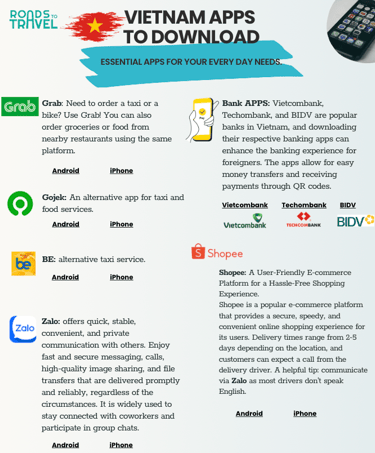

Feelings and Reflections
One piece of advice I'd offer to any new expat is to embrace the culture shock and the inevitable ups and downs. There will be moments of frustration, whether it's struggling with the language barrier or feeling homesick.
But remember, these challenges are part of the growth process. Ask yourself why you did it in the first place? The more you engage with the local culture and create a community of your own, the more you'll find yourself settling in and appreciating the beauty of your new home.
Lastly, keep your sense of curiosity alive! Whether you're exploring Hanoi's rich history, trying your hand at Vietnamese cooking, or simply getting to know your neighbours, every experience adds a layer to your understanding of this incredible place. As you prepare for your new teaching role, take it one step at a time, and remember that the journey is just as important as the destination.
GOOD LUCK :)
